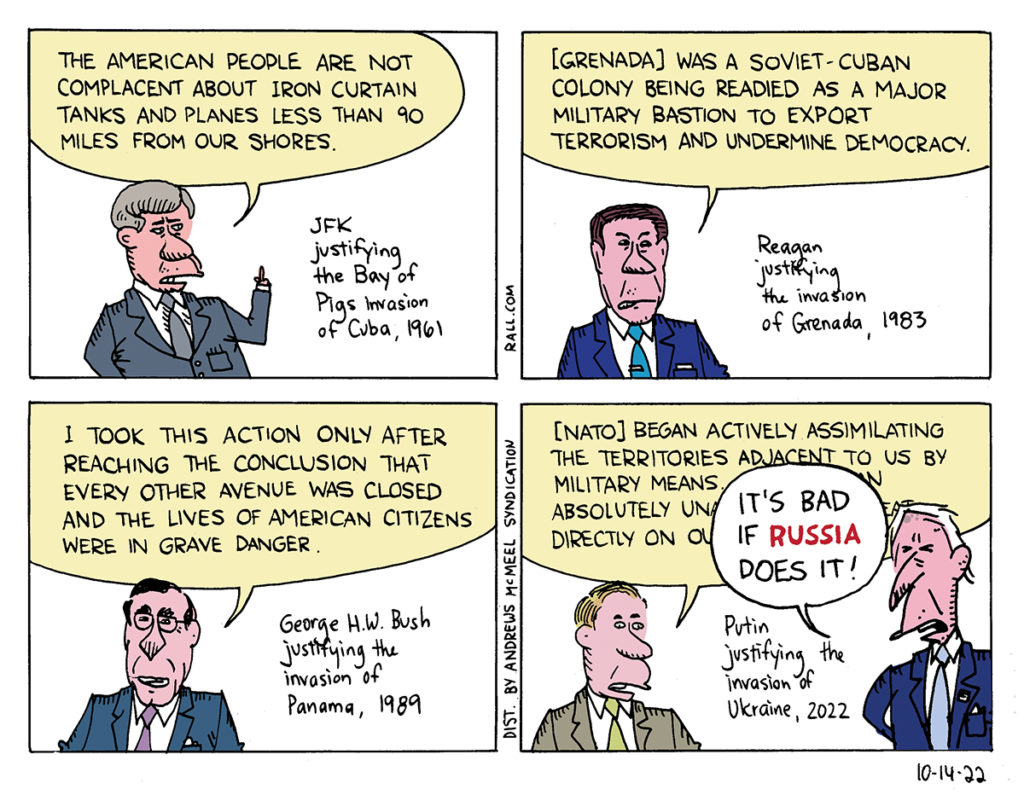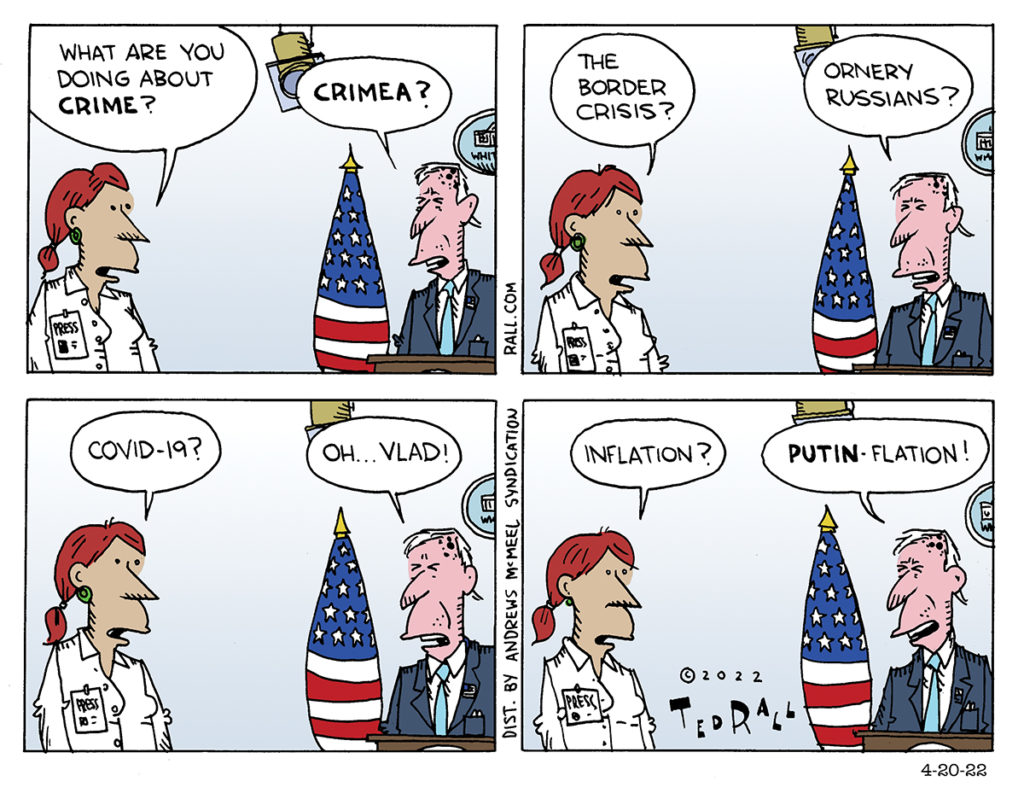Live at 10 am Eastern/9 am Central time, and Streaming 24-7 Thereafter:
The United States and Russia have moved toward a total reset in Riyadh, agreeing to work together on ending the Russo-Ukrainian war, financial investment, eliminating sanctions and re-establishing normal relations. The meeting was striking after three years of American efforts to isolate Moscow. After more than four hours of talks, Secretary of State Marco Rubio said that both sides had agreed to work on a peace settlement for Ukraine as well as to explore “the incredible opportunities that exist to partner with the Russians,” both geopolitically and economically.
“We weren’t just listening to each other, but we heard each other,” Sergey V. Lavrov, Russia’s foreign minister, said.
The meeting signaled Trump’s intention to reverse the Biden administration’s approach, which focused on sanctions, isolation and sending weapons to Ukraine.
What’s the next step? What will peace look like? What role will Ukraine itself have in the negotiations? What will it take Europe to sign off? Do they have to?
On “The TMI Show” hosts Ted Rall and Manila Chan talk to Ukrainian whistleblower Andrei Telizhenko about what comes next.

 Donald Trump’s election victory caused most people to think that the war between Russia and Ukraine would soon come to an end as the United States pulled back on its financial and military support for Ukraine, something the former president promised repeatedly. However, what was expected to be a quiet transition in America’s proxy war heated up dramatically after President Joe Biden reversed himself in order to allow Ukraine to fire US-made and US-operated ATACMS missiles up to 200 miles inside the Russian Federation. As Russian president Vladimir Putin had threatened to do, Russia quickly responded by updating its nuclear doctrine to authorize Russian military leaders to launch a nuclear strike against any nuclear-armed country that attacks Russia whether it uses nuclear or conventional weapons.
Donald Trump’s election victory caused most people to think that the war between Russia and Ukraine would soon come to an end as the United States pulled back on its financial and military support for Ukraine, something the former president promised repeatedly. However, what was expected to be a quiet transition in America’s proxy war heated up dramatically after President Joe Biden reversed himself in order to allow Ukraine to fire US-made and US-operated ATACMS missiles up to 200 miles inside the Russian Federation. As Russian president Vladimir Putin had threatened to do, Russia quickly responded by updating its nuclear doctrine to authorize Russian military leaders to launch a nuclear strike against any nuclear-armed country that attacks Russia whether it uses nuclear or conventional weapons. During the campaign, President-Elect Donald Trump promised to bring a rapid conclusion to the Russo-Ukrainian conflict that began in 2022. But most Americans aren’t aware of how or why the war began in the first place. Now the waters are getting further muddied by a decision of President Biden, a lame duck with just two months left in his term, to allow Ukraine to fire long-range American missiles deep into Russia itself.
During the campaign, President-Elect Donald Trump promised to bring a rapid conclusion to the Russo-Ukrainian conflict that began in 2022. But most Americans aren’t aware of how or why the war began in the first place. Now the waters are getting further muddied by a decision of President Biden, a lame duck with just two months left in his term, to allow Ukraine to fire long-range American missiles deep into Russia itself.
